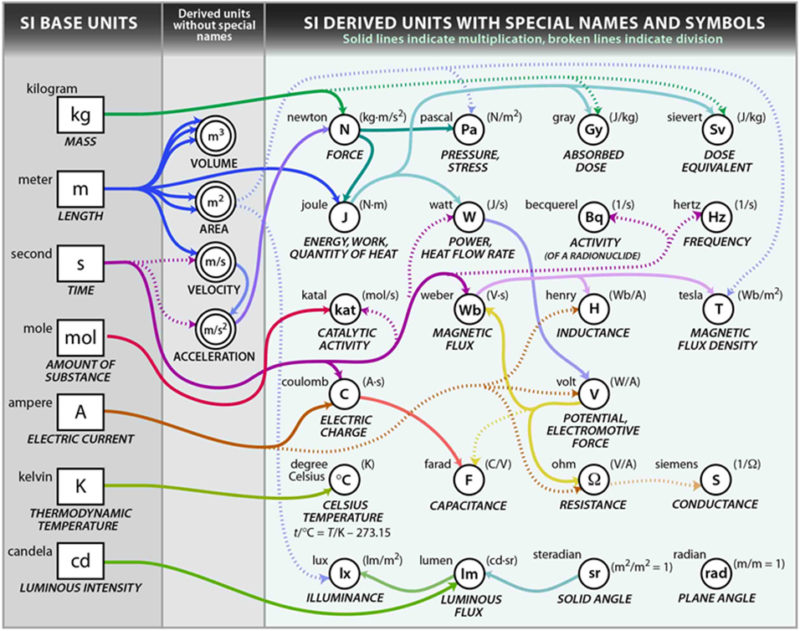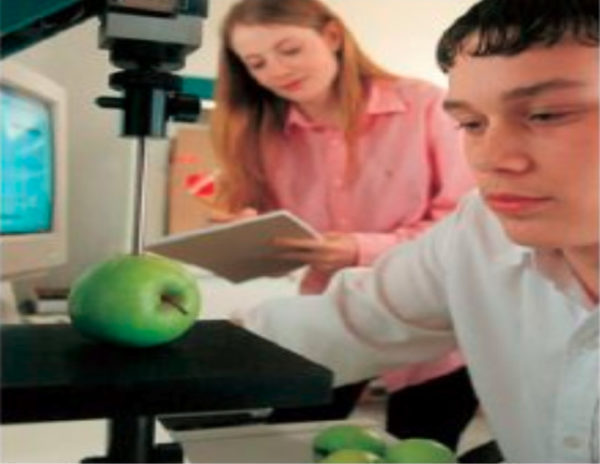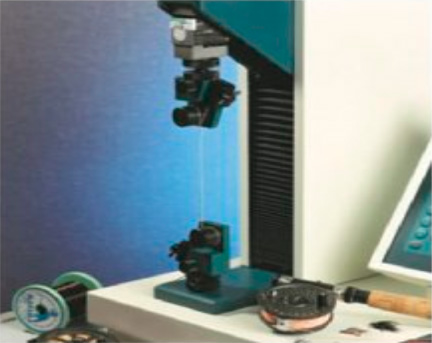2021 Back-to-Basics Series: Force Calibration and its Importance
For the start of the new year and our 101st year in business, we thought about the tremendous amount of knowledge Morehouse Instrument Company has shared throughout the years with blogs, technical papers, and webinars. This education aligns with our purpose, to create a safer world by helpings companies improve their force and torque measurements. When I looked through all these resources, not many of them speak to the beginner level or the importance of understanding the basics. So, I am starting a Back-to-Basics series of blogs with “Force Calibration and its Importance.” Throughout 2021 I will continue to cover basic concepts with additional topics for beginners.
What is Force Calibration?
Sir Isaac Newton, in his second law, stated that force controls motion; therefore, if we are to control the motion, we must control the force. Force can be thought of like this. I have an egg in my hand and want to break it by squeezing it in my hand. This egg will break at X known force. No matter where I am in the world, the same amount of force will likely be required to break the egg in my hand. It will not take less force to break this egg in Pennsylvania than in Peru.
A simple physics definition for force is mass times acceleration (F = m x a). Force is a derived unit from the SI base units of Mass, Time, and Length as shown in the illustration below. The International Committee for Weights and Measures in the Bureau International des Poids et Mesures (CIPM/BIPM) defines 1N as the force required to accelerate 1 kg to 1 meter per second per second in a vacuum.

Calibration is the comparison of an unknown (typically referred to as the Unit Under Test or UUT) to a device known within a certain error (typically referred to as the Calibration Standard or Reference Standard) for the purpose of characterizing the unknown. Therefore, force calibration is the comparison of a force instrument to a force reference standard for the purpose of characterizing the instrument.
Why is Force Calibration Important?
The easiest answer is so that bridges and other objects do not collapse when forces are exerted upon them. When building a bridge, it is important to get the concrete strength measurement correct. It is important to make sure the steel is tested and the cables are properly checked for prestress or post-tension. When these measurements are not done correctly, bad things happen, as shown below.

In the example below, the ripeness of apples is being checked. Why may that be important? If you are in California and want to distribute apples across the country, the harder ones will likely last longer and ripen during shipment. In contrast, the softer ones might be distributed locally.

The example below is another instance that shows force calibration and its importance. This shows the fishing line being tested. I am sure any fisherman would not want the line to break as they are hauling in their prized fish.

In general, the measurement of force is performed so frequently that we tend to take it for granted. Almost every material item is tested using some form of traceable force measurement. This may vary from sample testing on manufactured lots and might include anything from the materials used to build your house to the cardboard on that toilet paper roll.
That is all for force calibration and its importance. In our next Back-to-Basics blog, I will cover how force is measured with a transducer.
Back-to-Basics Series:
- Force Calibration and its Importance
- How a Transducer Measures Force
- Compression and Tension Force Calibration
- Calibration versus Verification
- Measurement Uncertainty
- Load Cell Terminology
- Types of Load Cells
- Load Cell Troubleshooting
- Load Cell Indicator Basics
- Force Measurement Glossary of Terms
Force Calibration and its Importance - Conclusion
I take great pride in our knowledgeable team at Morehouse, who will work with you to find the right solution. We have been in business for over a century and focus on being the most recognized name in the force business. That vision comes from educating our customers on what matters most, and having the right discussions relating to force calibration basics so that everyone speaks the same language.
If you enjoyed this article, check out our LinkedIn and YouTube channel for more helpful posts and videos.
Everything we do, we believe in changing how people think about force and torque calibration. We challenge the “just calibrate it” mentality by educating our customers on what matters, and what causes significant errors, and focus on reducing them.
Morehouse makes simple-to-use calibration products. We build fantastic force equipment that is plumb, level, square, and rigid and provide unparalleled calibration service with less than two-week lead times.
Want to watch the video on why use Morehouse for your load cell calibration? It can be found here.
If you have more questions about force calibration or other questions, don't hesitate to get in touch with us @ 717-843-0081 to talk to a live person or email info@mhforce.com. Visit us on the web at mhforce.com.
#Force Calibration and its Importance


